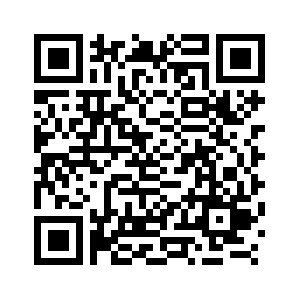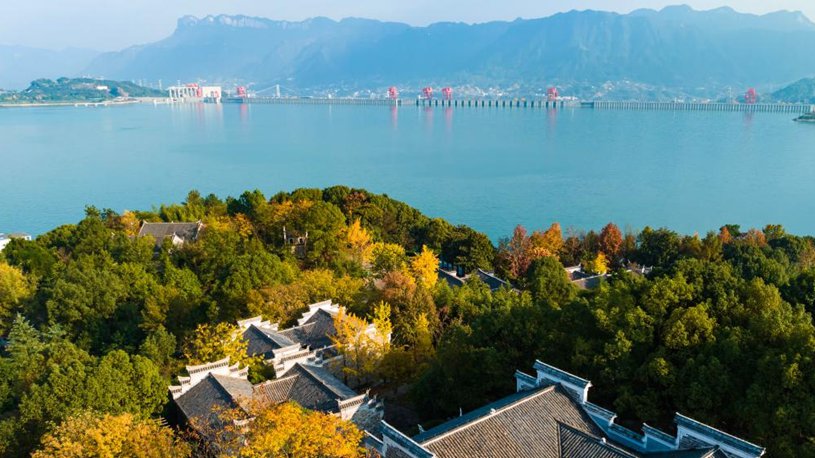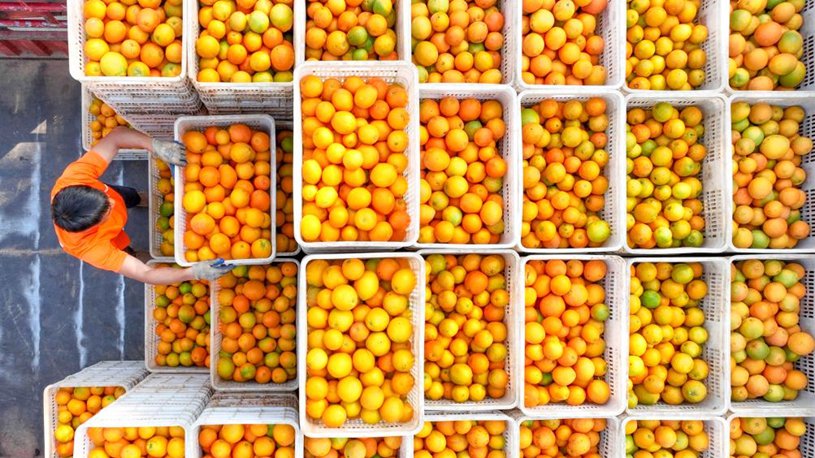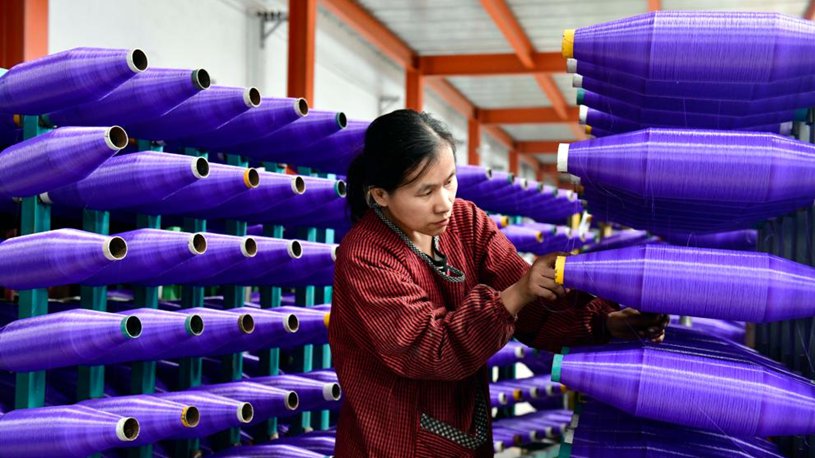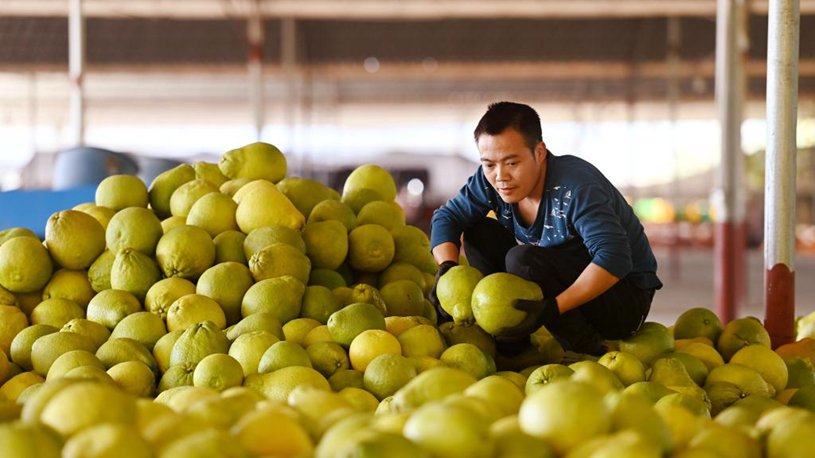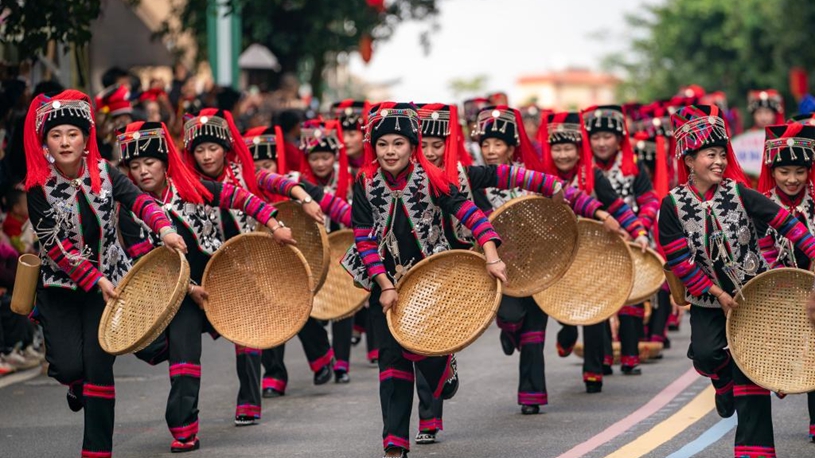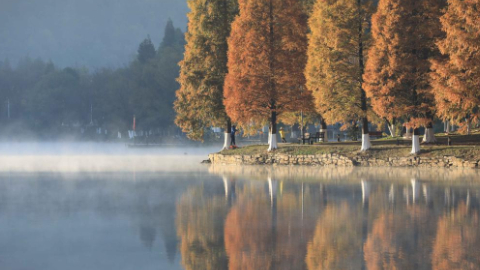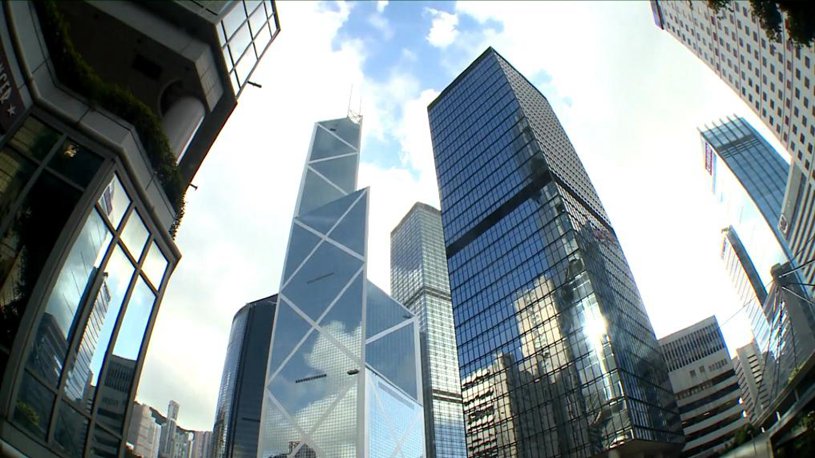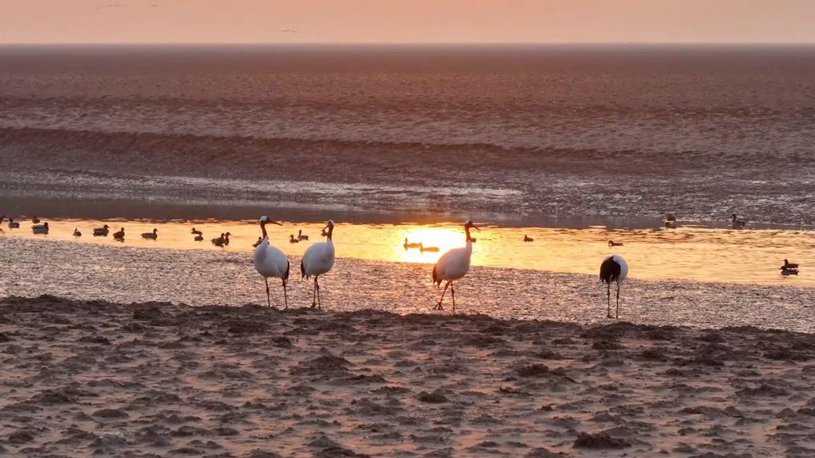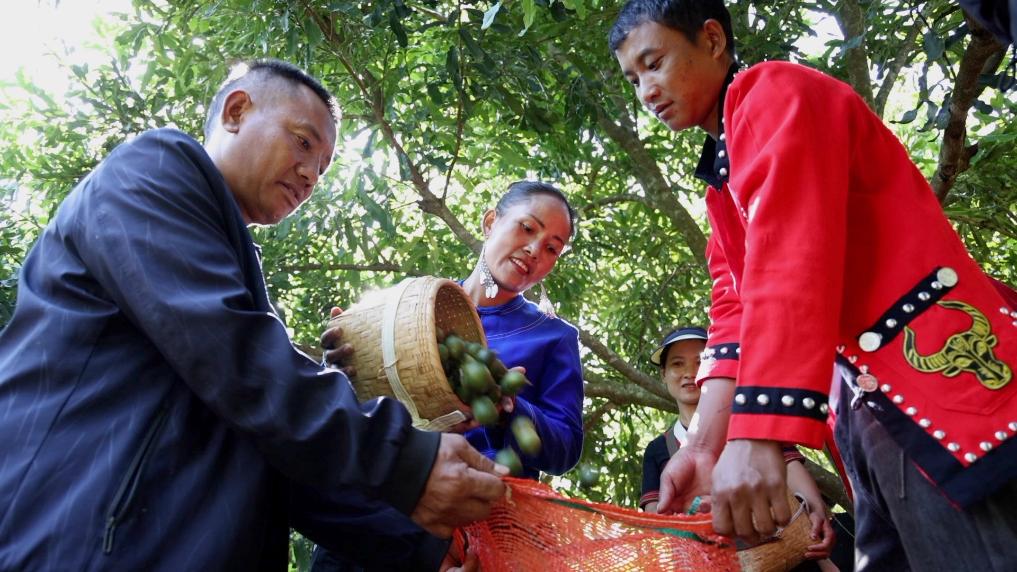
People cast their votes at a polling station in Amsterdam, the Netherlands, Nov. 22, 2023. (Photo by Sylvia Lederer/Xinhua)
The far-right Party for Freedom (PVV) achieved an unexpected landslide victory in the Netherlands' elections, securing 37 seats in the House of Representatives. PVV leader Geert Wilders aims to form a government and seek cooperation.
THE HAGUE, Nov. 23 (Xinhua) -- The unexpected landslide victory of the far-right Party for Freedom (PVV) in the elections on Thursday has caused a political shock in the Netherlands, with PVV leader Geert Wilders trying to seek cooperation to form a government.
According to a provisional forecast by ANP news agency released on Thursday, with 96 percent of the vote counted, the PVV will have 37 of the 150 seats in the House of Representatives (lower house of Parliament), two more than the exit polls projected on Wednesday evening.
This is the PVV's first general election victory since its establishment in 2006. "The voter has spoken, now it is important that we look for agreements," Wilders said on Thursday, hopeful that he will secure partners to form a government.

This photo taken on Nov. 15, 2023 in The Hague, the Netherlands, shows a campaign poster of Geert Wilders, who leads the Party for Freedom (PVV). (Xinhua/Wang Xiangjiang)
The Green Left-Labor alliance GroenLinks-PvdA came second with 25 seats, the right-wing People's Party for Freedom and Democracy (VVD) finished third with 24 seats, and the new centrist party New Social Contract (NSC) party won 20 seats.
The Democrats 66 (D66) secured nine seats, the Farmer-Citizen Movement (BBB) seven seats and Christian Democratic Appeal (CDA) and the Socialist Party (SP) each five seats.
As the winner, the PVV is now in the position to try to form a new majority coalition government, a process which officially starts on Friday. A center-right-wing cooperation with the VVD, NSC and possibly the BBB looks like a logical option and would have a large majority of 88 seats.
However, cooperating with Wilders was a no-go for most parties in the past decade. Wilders' unwavering anti-Islam stance, his pledge to halt all immigration to the country and his push to steer the Netherlands out of the European Union ("Nexit"), were reasons for parties not to join a coalition with the PVV leader.
Judging by its latest election manifesto, the PVV has hardly changed. However, the leader himself showed a softer attitude during this election campaign. He said that "some rough edges have been taken off."
Around one million of the total population of 17 million in the Netherlands are Muslim. On Thursday, Wilders said: "If I were to become the prime minister, I would be the prime minister for all Dutch people, regardless of their religion, sexual preference, color, gender or whatever."
"When you are Prime Minister, you have a different role than as leader of the opposition," he said.
Several left-wing parties, including GroenLinks-PvdA, have already indicated that they do not want to collaborate with the PVV.
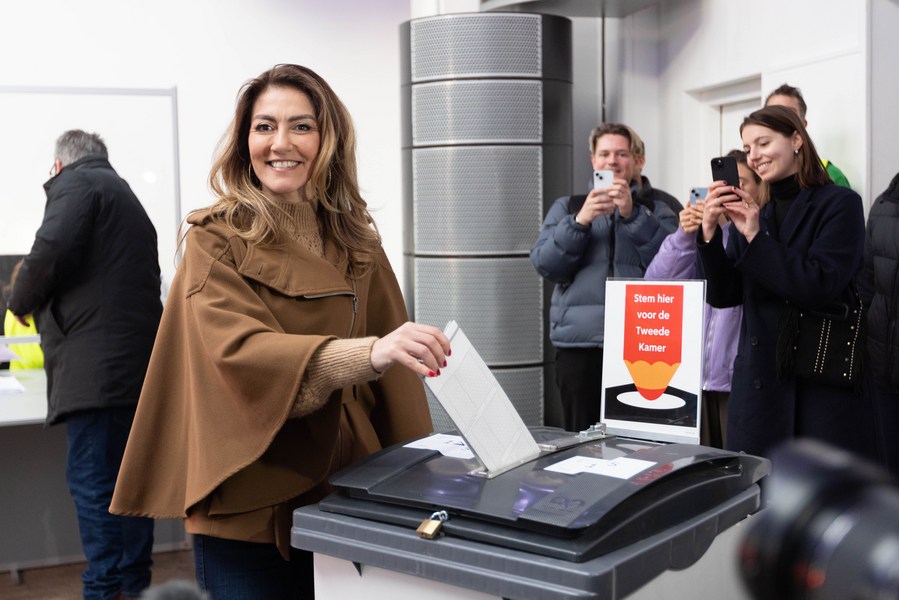
Dilan Yesilgoz-Zegerius, head of the People's Party for Freedom and Democracy, casts her vote at a polling station in Amsterdam, the Netherlands, Nov. 22, 2023. (Photo by Sylvia Lederer/Xinhua)
For Dilan Yesilgoz-Zegerius, the successor of outgoing Prime Minister Mark Rutte as VVD leader, it was clear before the elections that her party would not serve in a PVV-led government. "A country cannot have a captain who does not represent all people in the Netherlands," she repeated on Wednesday.
However, on Thursday, the VVD's stance was not so clear on a possible role in a PVV-led government. "It's now up to Wilders," Yesilgoz-Zegerius said.
BBB leader Caroline van der Plas stated on Thursday at a party meeting in Deventer that she would like to be in a coalition with the VVD, NSC and PVV, providing that Wilders shows he has become milder and can move along.
Van der Plas added that she was confident about the formation of a coalition. "NSC, VVD and BBB are not that far apart," the BBB leader added. NSC leader Pieter Omtzigt said that his party was "available to translate the trust of the votes into action."

People cast their votes at a polling station in Amsterdam, the Netherlands, Nov. 22, 2023. (Photo by Sylvia Lederer/Xinhua)
The official result of the elections will be made public on Dec. 1. Based on just over 96 percent of votes counted, the turnout reached 77.8 percent.
In 2021, the turnout was 78.7 percent, but those elections lasted three days due to COVID-19. In 2017, 81.6 percent of the eligible voters cast their ballots. ■
